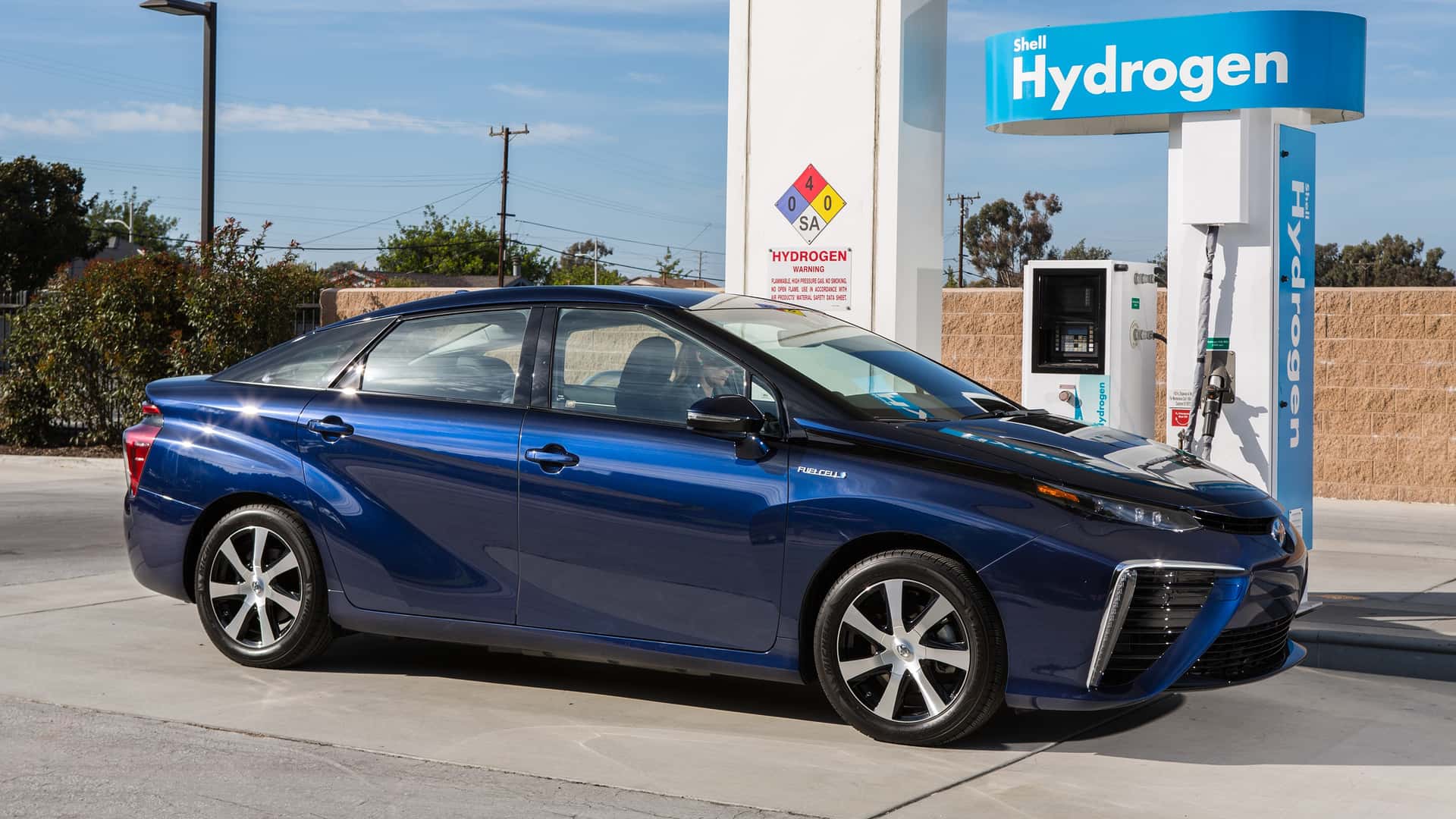Shell Is Immediately Closing All Of Its California Hydrogen Stations | The oil giant is one of the big players in hydrogen globally, but even it can’t make its operations work here.::The oil giant is one of the big players in hydrogen globally, but even it can’t make its operations work here. All seven of its California stations will close immediately.



Yeah. There was a time, 10 or 20 years ago, where I would have said we should invest into all possible solutions, including batteries and hydrogen. It would have been nice to have it all be funded 10 times more than they were, but they were funded.
And then batteries won. The pseudo-reasonable argument “we should fund every possible avenue” no longer applies. We did that, and now is the time to go all in on the winner.
The materials to make batteries aren’t readily available in the quantities needed to add grid scale storage to all countries and replace all global ICE vehicles. Hydrogen is also ideal for countries like Japan where their grid isn’t all connected (it’s loads of small grids) and can’t handle either the increased load from charging vehicles, or transport the energy from productive renewables areas to non productive renewables areas.
Like with most energy tech, we should be investing in it all so we have a diverse mix of solutions.
Let me stop you right there. The batteries for grid scale are not going to be lithium, which I’m guessing is what you’re thinking.
We did. Batteries won and hydrogen lost. Now is the time to deploy what we have.
There’s also upcoming solid state batteries, and maybe flow batteries if they can get the electrolyte mixture efficient.
I am very intrigued by flow batteries. It basically behaves like a gas fuel concept. Pump some out, pump some in, charge it slowly somewhere else,. hopefully from solar and wind, or fusion haha
Flow batteries currently don’t have the kwh per kg to be competitive in EVs, but they’re great for grid storage. There are some lab advancements improving that of late, but as with all battery tech lab advancements, you shouldn’t rely on any one of them working out to mass production.
True, and a bummer at the moment.
I’m hoping there’s a future efficiency gain. Like how we transitioned from nicad, to li, and now to solid?
The concept is super cool.
Hydrogen is simply less efficient. Switching to it would increase total load on the grid, even if you try to distribute production then the losses takes away available energy for other uses. At some point it becomes cheaper to invest to connect the grid together.